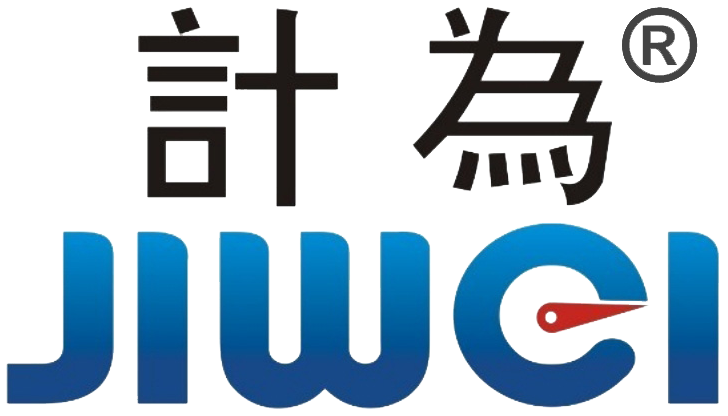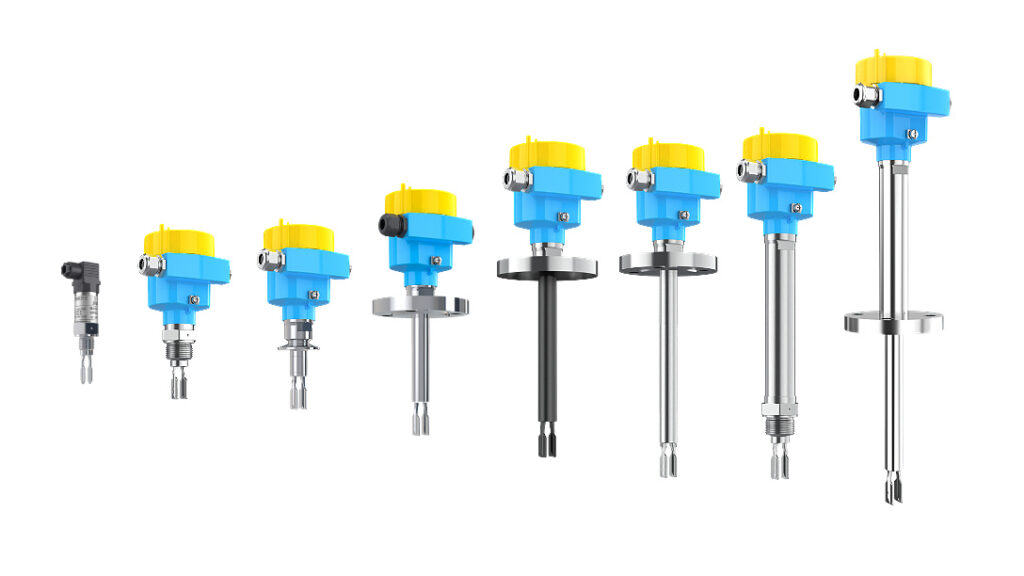Essential Guide to Process Instrumentation: Maximize Accuracy and Efficiency in Industrial Control
What Is Process Instrumentation?
Process Instrumentation refers to the suite of devices used to monitor and control industrial processes, ensuring that key variables like pressure, temperature, flow, and level remain within set parameters. These instruments play a central role in optimizing efficiency, safety, and product quality across sectors such as chemical processing, water treatment, pharmaceuticals, energy, and food manufacturing.
By incorporating Process Instrumentation early in process design and maintenance, industries can achieve precision, reduce downtime, and meet regulatory compliance with confidence.

Key Components of Process Instrumentation
Pressure Measurement
Pressure measurement devices monitor the force exerted by liquids, gases, or vapors in a system. Common types include:
- Gauge Pressure Sensors
- Absolute Pressure Sensors
- Differential Pressure Transmitters
These instruments ensure safety and control in pressurized systems like pipelines and reactors.
Temperature Measurement
Accurate temperature control is vital in most process industries. Common devices include:
- Thermocouples
- RTDs (Resistance Temperature Detectors)
- Infrared Sensors
Temperature measurement is crucial in chemical reactions, fermentation, food processing, and boiler control systems.
Flow Measurement
Flow measurement ensures accurate dosing, batching, and energy consumption control. Key flow instruments include:
- Electromagnetic Flowmeters
- Ultrasonic Flowmeters
- Coriolis Flowmeters
- Turbine Flowmeters
Each type is selected based on media properties, accuracy demands, and installation environment.
Level Measurement

Level measurement is essential for managing liquids and bulk solids in storage tanks and silos. Jiwei Automation offers industry-leading level measurement instruments:
🔹 Jiwei Radar Level Meter (JWrada series)
- High-Frequency 80GHz Radar
- Compact Design, IP67 Rated
- Bluetooth Mini-Program: Jiwei Smart Control
- Application: Liquid chemicals, corrosive materials, food-grade products
🔹 Jiwei Tuning Fork Level Switch (Fork-11 for solids/ Ring-11 for liquids)
- Short Fork Design for Solids Vessels (Fork-11)
- Ring-11: Sanitary Version for Liquids
- High Sensitivity, Ideal for Powder and Liquid Level Switching
- Explosion-Proof, IP66/67, SIL Qualifications, and Hygienic Certifications Available
These instruments are ideal for demanding industrial environments requiring precise level detection, strong environmental resistance, and compatibility with automation systems.
Process Recorders
Process recorders log variable data like temperature, flow, and pressure over time. These devices provide:
- Compliance documentation
- Process improvement analytics
- Alarm and event history tracking
Recorders can be chart-based or digital with network connectivity for cloud-based monitoring.
Pneumatics
Pneumatic instruments use compressed air to operate actuators, valves, and tools. They offer reliable control in hazardous or moisture-prone environments and are often integrated with:
- Pressure regulators
- Positioners
- Air filters and dryers
Valves and Actuators
Valves control the passage of media through systems, and actuators (electric, pneumatic, or hydraulic) automate their motion. Types include:
- Globe Valves
- Ball Valves
- Butterfly Valves
Position feedback and diagnostics are often integrated for smart control in modern plants.
Digitalization and IIoT Integration
Modern Process Instrumentation supports Industry 4.0 through:
- Real-time data transmission
- Remote diagnostics and updates
- Cloud connectivity
- Wireless communication modules
This enhances predictive maintenance and reduces total cost of ownership.
Process Instrumentation Applications Across Industries
| Industry | Key Applications | Instruments Used |
|---|---|---|
| Oil & Gas | Pressure, flow, level in hazardous zones | Radar, pressure transmitters, flameproof switches |
| Water Treatment | Flow, pH, level, turbidity control | Flowmeters, level meters, digital controllers |
| Food & Beverage | Hygienic-level measurement, temperature control | Jiwei Ring-11, RTDs, sanitary pressure sensors |
| Chemical Processing | Accurate dosing, reaction monitoring | Radar, tuning fork, differential pressure |
| Power Generation | Boiler pressure, water levels, emissions control | Recorders, radar, flowmeters |
Why Process Instrumentation Matters for Operational Excellence
- Improved Efficiency: Automated real-time control reduces human error and material waste.
- Enhanced Safety: Instruments like Jiwei’s SIL-certified switches ensure fail-safe operations.
- Regulatory Compliance: Precise control ensures adherence to environmental and quality standards.
- Data-Driven Decisions: Advanced instrumentation facilitates predictive maintenance and energy audits.
Conclusion
Process Instrumentation is the cornerstone of modern industrial automation. It encompasses a wide array of tools that ensure processes are efficient, safe, and consistent. With advancements in digitalization, wireless control, and certified safety standards, devices like Jiwei‘s radar level meters and tuning fork level switches stand out as reliable solutions for today’s complex industrial environments.
Whether you operate in food manufacturing, oil refining, or water treatment, investing in professional-grade Process Instrumentation is not a choice—it’s a necessity for staying competitive.

